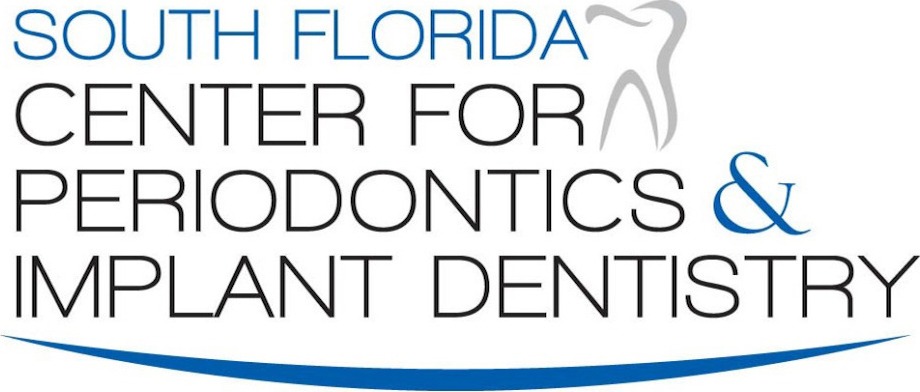Smoking, Vaping, E-cigarettes, other Tobacco Delivery Devices and Dental Implants: Not a Good Combination
August 26th, 2024
Countless clinical studies as well as our own practice research shows us that cigarette and smokeless tobacco usage is not a great idea for oral health and if you are considering dental implants.
Now, a recent Hungarian meta-analysis of patients offers similar yet somewhat surprising results. The research says that cigarette alternatives like water pipes and smokeless tobacco could be even more detrimental to dental implant success than cigarettes.
As summarized in one of our dental industry news resources, Dr. Bicuspid:
“Based on clinical inflammatory factors, including bleeding on probing in the pocket between the implant and the gum, rate of bone loss, and increased fluid in the pocket, nonsmokers had the least amount of marginal bone loss while most nicotine-containing product users had much higher ones. Cigarette smokers had a mean difference [MD] of 1.34 and a confidence interval [CI] of 0.85, 1.79. Water pipe users, however, had an MD of 1.58 and a CI of 0.84, 2.35. Smokeless tobacco had an MD of 2.53 and a CI of 1.20, 3.87. E-cigarette users did not show a major difference compared to nonsmokers (MD: 0.52; CI: −0.33, 1.36), according to the study.”
More Reasons to Quit Tobacco Usage
Promisingly, the numbers of cigarette smokers in this country may be decreasing. Yet the increase in alternative nicotine delivery – like vaping – still poses a health risk. The American Heart Association says that “while it’s true that e-cigarette aerosol doesn’t include all the contaminants in tobacco smoke, it isn’t safe.” The group is concerned that an increased popularity of vaping may “re-normalize” smoking, which has declined but still, they say, causes nearly ½ million deaths in the U.S. each year.
Smoking decreases blood flow which can slow down the body’s natural healing process. This can affect the overall natural process of osseointegration, where your bone tissue fuses with the implant to create a sturdy and stable replacement tooth root. Some studies even report that the number of cigarettes smoked per day may directly correspond to implant failure.
There’s no doubt that dental implants placed in smokers’ mouths statistically show a higher risk of failure than placement in non-smokers. Nicotine has even been called “the predictor of success or failure” when it comes to dental implants. Kicking the habit and breaking an addiction to nicotine usage is tough, but so worth it in terms of your oral and overall health and your wallet.
Call us to learn more about our studies regarding smoking and dental implant success when you schedule a consultation with one of our dental specialists. We can also help counsel you on strategies to quit.
